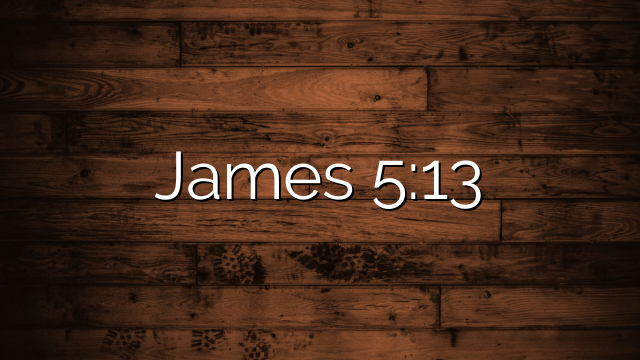Ephesians 4:26
Ephesians 4:26 Louise Cafolla lcafolla at hotmail.com Wed Apr 12 22:07:04 EDT 2000 Previous message: Greek diagraming Next message: Ephesians 4:26 Friends discussing Ephesians have a question concerning the tense of the verb “angry” in this passage. Some references seem to indicate the text is a continual command, i.e., “continually be angry.” Roberts Word…


